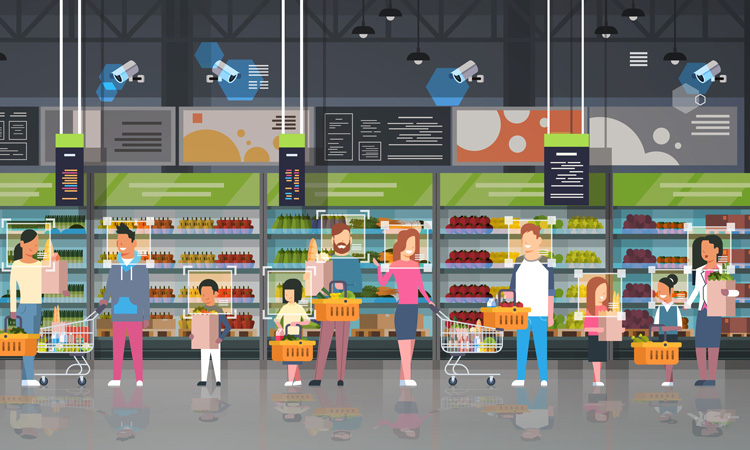Labelling regulation should be reformed to account for AI, warns study
- Like
- Digg
- Del
- Tumblr
- VKontakte
- Buffer
- Love This
- Odnoklassniki
- Meneame
- Blogger
- Amazon
- Yahoo Mail
- Gmail
- AOL
- Newsvine
- HackerNews
- Evernote
- MySpace
- Mail.ru
- Viadeo
- Line
- Comments
- Yummly
- SMS
- Viber
- Telegram
- Subscribe
- Skype
- Facebook Messenger
- Kakao
- LiveJournal
- Yammer
- Edgar
- Fintel
- Mix
- Instapaper
- Copy Link
Posted: 27 March 2020 | Sam Mehmet (New Food) | No comments yet
The study said that AI technology could play a significant role in making labelling more comprehensive and personalised for information such as allergens and sensitivities.


Artificial intelligence (AI) will be increasingly used on labels on food and other products in the future to make them interactive, and regulations should be reformed now so they take account of new innovations, a study has warned.
The study stated that as AI becomes increasingly used to personalise food labels, regulators across Europe must ensure the technology is also used for public good and to help consumers. Changes are especially needed , the researchers said, because AI is currently mainly being used to collect data about customers, or to help manufacturing or distribution.
They stated that the changes should include the introduction of more specific rules about the design and content of consumer product labels in order to prevent producers from manipulating consumers’ product and safety expectations by using AI.
Dr Joasia Luzak, from the University of Exeter Law School, who carried out the research, said: “Modern technologies mean consumers can have more personal and comprehensive product labelling. The pace at which AI is being used means it would be wise to rethink the whole framework of the Product Liability Directive or to design a separate set of rules for products using modern technology. There is a danger this technology will only be used for the benefit of companies, not consumers.”
The research claimed that more extensive AI product labelling, providing consumers with a greater list of warnings about product risks, should not be an excuse for manufacturers to avoid taking action or pass responsibility when a product becomes unsafe or malfunctions.
“Consumers will likely pay more attention to personalised labelling. The use of modern technologies to personalise product labelling could be in the interests of both producers and consumers,” said Dr Luzak.
“Producers could gain more insights into their supply chain and more control over their products, as well as reaching more consumers with their product information. Consumers should be able to rely on better product information and to form more realistic expectations regarding consumer products.
“The increased tracking and monitoring of products should raise the level of product safety, which always reduces the instances of product liability.”
Related topics
Allergens, New product development (NPD), Packaging & Labelling, Research & development, Technology & Innovation, The consumer







